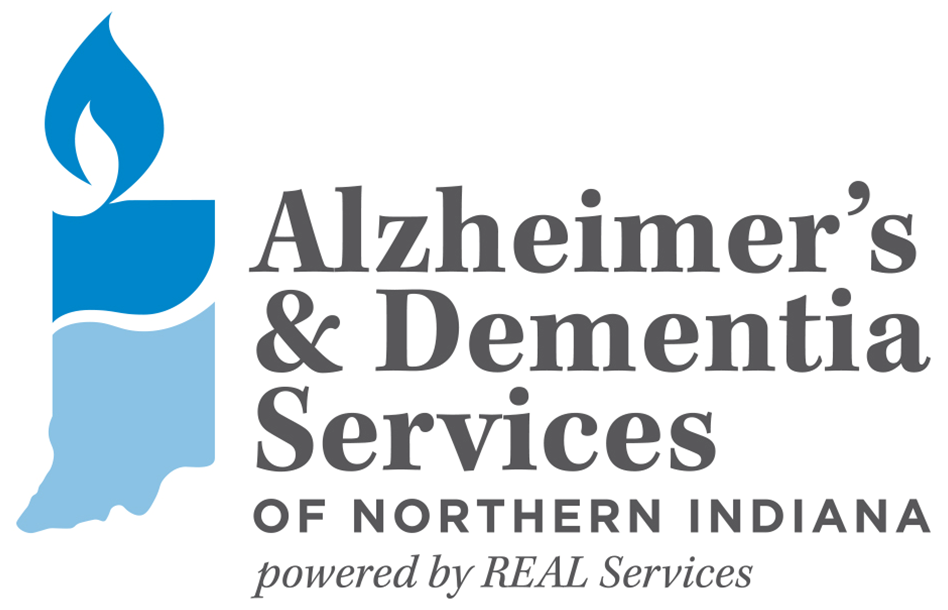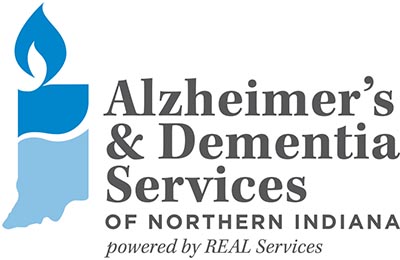Living with Alzheimer’s Disease
Coping Techniques
- Take a break or “time out” when you get frustrated or upset.
- Let it go.
- Talk with someone to let out feelings, and seek advice.
- Laugh – look at the lighter side!
- Know that misplaced items will turn up.
- Use calendars, watches, and daily lists as reminder aids.
- Get help with tasks that are causing anxiety or frustration.
- Be patient with yourself.
- Allow more time to accomplish things.
- Have kinder, more realistic expectations of yourself.
- Just do the best you can!
Helping Others Understand
The onset of memory loss and/or Alzheimer’s disease can bring up a number of different issues in social and family relationships. Relationship strengths and vulnerabilities may be accentuated. The following are some commonly expressed concerns among people who experience memory loss:
- Friends and family may not see you day-to-day. Because of this, they may not understand or believe the changes that you are experiencing. They may minimize your memory loss or may look for evidence of memory loss in everything that you do, being overprotective of you.
- People do not know what to do or say and may withdraw or attempt to help in ways that may not be constructive. On the other hand, some friendships may deepen or new ones come into your life as a result of your circumstances.
- Historic relationship dynamics may surface more intensely, leading to enhanced closeness or enhanced conflict.
Suggestions to Consider
- Be upfront with friends and family. Tell them about your memory loss. If you seem comfortable talking about it, they may feel more comfortable with you.
- Friends and family members ay benefit from receiving information about memory loss and/or Alzheimer’s disease so that they may have a clearer understanding of some of the changes you are facing.
- Encourage friends or family who seem to have a hard time dealing with the changes you are experiencing to attend support groups.
- When friends or family offer to help, suggest specific ways in which they may be of assistance. Let them know what you do, and don’t, need help with.
- Be willing to teach others about the best ways to communicate and interact with you.
- Stay as involved as you can in the things that interest you. Don’t isolate yourself from others. On the other hand, make sure you don’t overdo activities and get overtired. Find a good balance between activity and rest.
Dealing with Changes
Environmental Tips
- Keep clocks and calendars in full view throughout the house (one day per page calendars work best) where you can frequently see them.
- Post important/emergency/commonly-used numbers by the phone.
- Keep a date book or notebook with you that logs all appointments and special dates/events. Cross off the days as they pass. Have a place in this notebook that has important/commonly-used phone numbers, your address and a map to your home, and a place for you to jot down important notes.
- Write down things you want to remember, such as “to do” lists, people’s names, reminders of where things are kept, etc.
- Consider carrying tablets or recorders to record thoughts you want to hold on to.
- I might be helpful to make a simple list of the day’s activities each morning.
- Try to keep a regular daily routine as much as possible.
- Consider buying a wristwatch that also shows the date.
- Remove distractions and do one thing at a time.
- Leave familiar objects in the same location. Keep a specific place for easily misplaced objects like glasses, keys, etc.
- Use pillboxes and other devices to organize meds.
- Label drawers and cabinets to describe contents.
- Ask your family to set up work stations to allow you to more easily perform tasks.
- Keep a photo album with pictures/names of family, friends, places and events.
- Use alarm clocks and cooking timers to remind you of things you have to do at a certain time. If you’re not at home and want to remember something, leave yourself a message on your home answering machine.
Physical Tips
- Eat well-balanced meals.
- Ask your doctor about healthy exercises and exercise regularly. Aerobic exercise, like brisk walking, will reduce stress and soothe your mind.
- Cut down on alcohol or eliminate completely. Alcohol impairs thought processes and memory.
- Have your eyes and ears checked regularly.
- Continue regular check-ups with your primary doctor.
- Take a nap in the afternoon if you need to. Fatigue increases memory problems. Find a good balance between activity and rest.
- Take someone with you when you go out.
- Register in the Safe Return program that provides a bracelet with the inscription “memory loss”. If you get disoriented in a public place, this will help people to assist you.
Social/Mental/Emotional/Spiritual Tips
- Be easy on yourself and do all you can for yourself, even if it takes extra time. Your memory problem is due to a medical illness and is no fault of your own.
- When friends/family offer to help, suggest specific ways they may be of assistance. Let them know what you do, and don’t, need help with.
- Be patient with those who love you, as they are also in need of support.
- Remember that you are not Alzheimer’s disease. You are a multi-faceted individual with a life full of accomplishments, talents, and interests.
- Stay as involved as you can in the things that interest you.
- Be upfront with friends/family/others. Tell them about your memory loss; this will help put both of you at ease and eliminate unnecessary stress.
- Don’t hurry or let others hurry you.
- Don’t be afraid to ask for help if you need it.
- Take a break if something is too difficult.
- Keep repeating things you want to remember.
- Keep your mind active.
- Lapses with names (and other memory glitches) are normal and happen to all of us. If you have forgotten, ask.
- Socialize regularly and don’t isolate yourself.
- Maintain your spiritual life. If you belong to a church, keep attending, or keep doing whatever spiritual practices that bring you comfort and strength.
- Share your feelings and concerns with our loved ones and teach them the best ways to help you. Cultivate a good support system. Join a support group for people in the early stages.
- Work with your family to continually monitor and assess safety risks (e.g., driving, ability to stay home alone) and trust them to help.
- Do more of the things, including small things, that give you pleasure and help you eliminate stress (e.g., taking a bubble bath, listening to music, playing with a pet, watching sports on TV, etc.).
- Keep your sense of humor; it helps to laugh at mishaps that might otherwise frustrate you.

